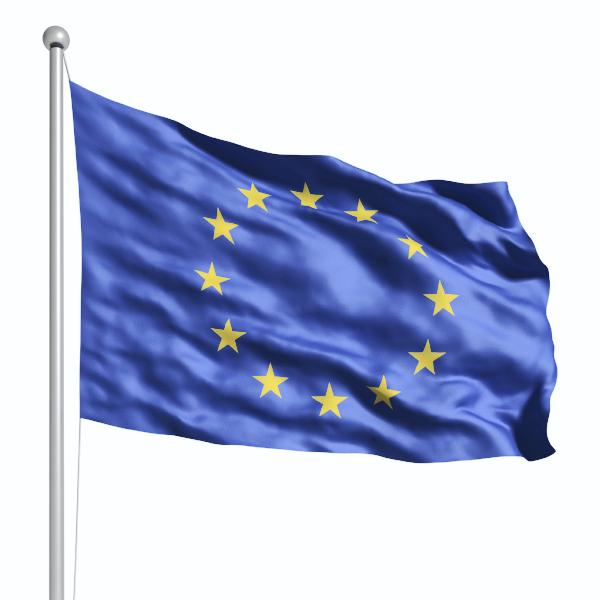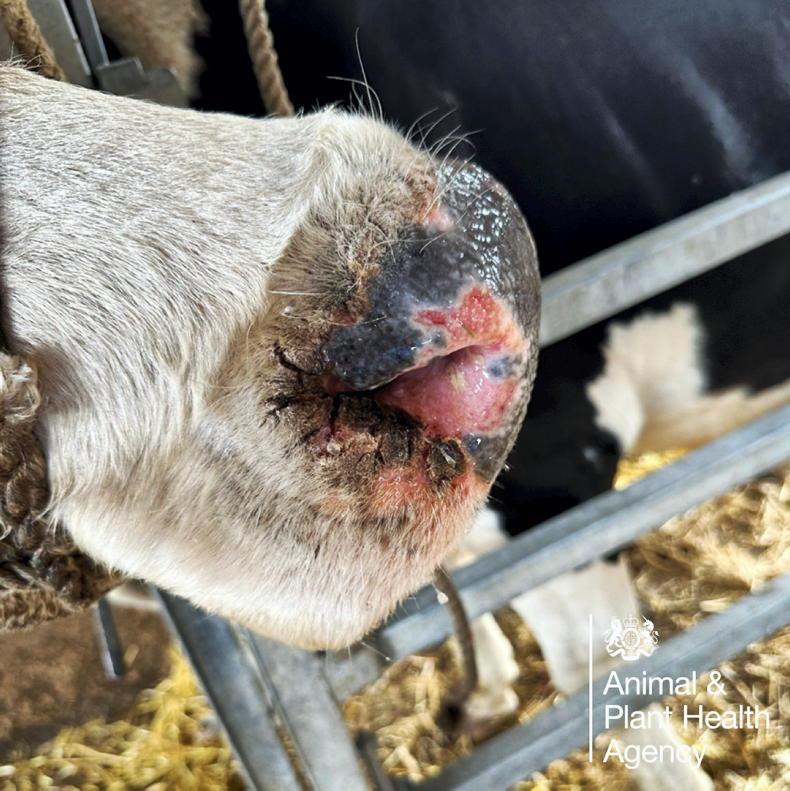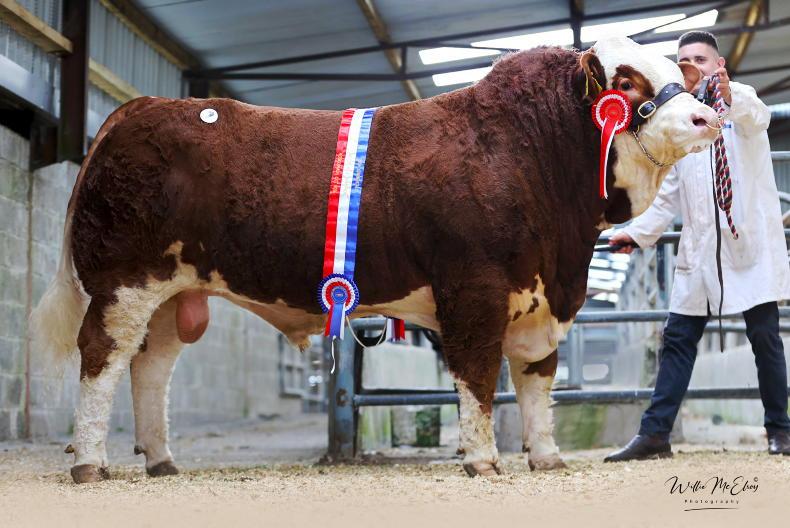Following a meeting with EU officials on Monday, a business delegation from NI, which included representatives from the agri-food industry, appeared cautiously optimistic that the Irish border backstop option put to them could work for NI.
With the UK government expected to respond in the coming days, as negotiations between both sides intensify, the Irish border remains the key issue to resolve.
“If there is no backstop, there is no withdrawal agreement and therefore no deal. That is something none of us want to contemplate,” said an informed source.
He maintained that the backstop is there as an insurance policy, and in an ideal world it would not be required. But for that to happen, it would require a Brexit deal that would ensure the UK is closely aligned to EU rules, therefore allowing goods to flow unhindered between the UK and EU.
If there is no backstop, there is no withdrawal agreement and therefore no deal
While the actual trading relationship is something to be negotiated further down the line once a withdrawal agreement is in place, the reality is that the UK could diverge from EU rules and seek to do its own trade deals with other countries. That is when the backstop kicks in.
The EU plan put to NI businesses this week is that the NI would remain in the customs territory of the EU. Checks to ensure goods from here meet EU rules could potentially be undertaken by local civil servants, under the supervision of EU officials. It would mean there is no requirement for checks at the Irish border. NI goods would also be able to move freely to other EU countries, and companies here would have access to EU (as well as UK) trade deals.
It is also understood that EU officials were clear that (as far as they are concerned) NI agri goods would have unfettered access to our main market in Britain (a key issue for unionist politicians). But ultimately this is an issue for the UK government to give assurances on.
However, it is trade in the opposite direction where issues could occur. In simple terms, the more that the UK diverges from EU rules after Brexit, the more checks would be required on goods moving from Britain to NI.
For example, if the UK does a free trade deal with Australia for beef imports, then it might be only possible for this beef to be shipped in, tariff-free, to ports in Britain. If it was to move to NI, it would potentially be subject to EU rules, and import tariffs could apply.
“If the UK government generally stays aligned to the EU, then there is no big issue. Basically, the only people who are going to put a border down the Irish Sea is London, if they decide to sacrifice the food industry on the back of cheap food imports,” said the source.
Due in the next few days is the UK position on the Irish border backstop, although it is also expected to suggest that NI remains in some form of customs union with the EU. In addition, sources also maintain that the British will propose remaining in a temporary customs arrangement with the EU until future trade arrangements are agreed.
Read more
Orderly Brexit would limit short-term impact on markets – Commission
UK sheep sector calls for a halt of imports in a no-deal Brexit scenario
Following a meeting with EU officials on Monday, a business delegation from NI, which included representatives from the agri-food industry, appeared cautiously optimistic that the Irish border backstop option put to them could work for NI.
With the UK government expected to respond in the coming days, as negotiations between both sides intensify, the Irish border remains the key issue to resolve.
“If there is no backstop, there is no withdrawal agreement and therefore no deal. That is something none of us want to contemplate,” said an informed source.
He maintained that the backstop is there as an insurance policy, and in an ideal world it would not be required. But for that to happen, it would require a Brexit deal that would ensure the UK is closely aligned to EU rules, therefore allowing goods to flow unhindered between the UK and EU.
If there is no backstop, there is no withdrawal agreement and therefore no deal
While the actual trading relationship is something to be negotiated further down the line once a withdrawal agreement is in place, the reality is that the UK could diverge from EU rules and seek to do its own trade deals with other countries. That is when the backstop kicks in.
The EU plan put to NI businesses this week is that the NI would remain in the customs territory of the EU. Checks to ensure goods from here meet EU rules could potentially be undertaken by local civil servants, under the supervision of EU officials. It would mean there is no requirement for checks at the Irish border. NI goods would also be able to move freely to other EU countries, and companies here would have access to EU (as well as UK) trade deals.
It is also understood that EU officials were clear that (as far as they are concerned) NI agri goods would have unfettered access to our main market in Britain (a key issue for unionist politicians). But ultimately this is an issue for the UK government to give assurances on.
However, it is trade in the opposite direction where issues could occur. In simple terms, the more that the UK diverges from EU rules after Brexit, the more checks would be required on goods moving from Britain to NI.
For example, if the UK does a free trade deal with Australia for beef imports, then it might be only possible for this beef to be shipped in, tariff-free, to ports in Britain. If it was to move to NI, it would potentially be subject to EU rules, and import tariffs could apply.
“If the UK government generally stays aligned to the EU, then there is no big issue. Basically, the only people who are going to put a border down the Irish Sea is London, if they decide to sacrifice the food industry on the back of cheap food imports,” said the source.
Due in the next few days is the UK position on the Irish border backstop, although it is also expected to suggest that NI remains in some form of customs union with the EU. In addition, sources also maintain that the British will propose remaining in a temporary customs arrangement with the EU until future trade arrangements are agreed.
Read more
Orderly Brexit would limit short-term impact on markets – Commission
UK sheep sector calls for a halt of imports in a no-deal Brexit scenario









SHARING OPTIONS